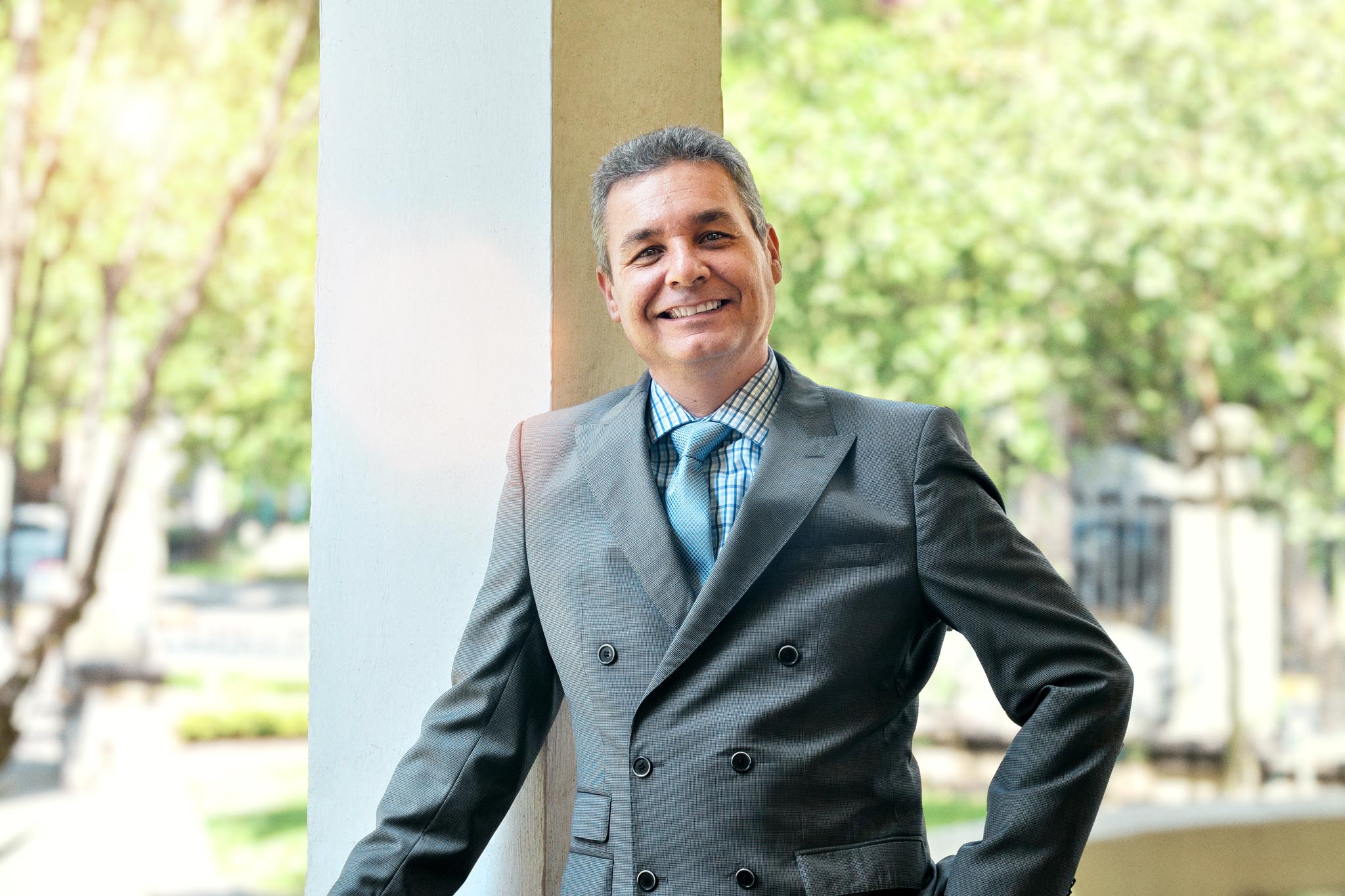Guadalajara, in the state of Jalisco in western Mexico, is a contemporary meeting destination tempting many business events and international associations. The boom in the technology sector is boosting business events in the metropolis of Guadalajara, which holds over five million people.
For example, the city is the home of the Expo Guadalajara Convention & Exhibition Center, the biggest convention centre in Mexico, and the host of the world’s second-largest Book Fair. The city presents itself as traditionally modern and is the latest Best Cities Global Alliance member.
After Sao Paulo in Brazil, the city’s exhibition centre is Latin America’s second-largest event location. Apart from the pandemic years, the expo centre welcomes an average of 2.5 million guests to 200 events annually. Eight of Mexico’s largest trade shows are held on the grounds. In 2022, Guadalajara hosted 50,000 meetings.
Information Technology (IT) is a primary industry in the city as Guadalajara is considered the Silicon Valley of Mexico, with major companies such as Hewlett-Packard, IBM and Siemens based there.
Since the city decided to use its assets to secure more international meetings, academics, professors, researchers and leaders in several fields have been recruited by the Guadalajara Convention & Visitors Bureau and included in its Ambassador Program. Today 70 ambassadors are sharing their networks and knowledge.
The convention bureau was founded 50 years ago as the first in Latin America. Gustavo Staufert has been the CEO of the bureau since 2014. He also holds the positions of Technical Secretary of the Tourism Trust of the Guadalajara Metropolitan Area, General Director of the Guadalajara–Guadalajara brand, Secretary of the Mexican Meetings Industry Council, as well as consisting of one of the 12 board members of the Best Cities Global Alliance.
Talking about the most important questions for the convention bureau, he says: “How can they implement a rightful path to sustainable events? Sustainability has become an essential matter for humanity; therefore, it is nowadays an important section of the RFPs.
“As a Best Cities Global Alliance member, we are committed to a fast and correct implementation, but I want to create a programme that goes beyond carbon footprint measurements.”
According to Gustavo Staufert, three key legacies within the meetings and events industry must develop in the following years. Currently, they are debating the social benefit of meetings beyond enhancing the economy, which congresses and conventions could excel the public and private policies.
Questions discussed are: How can Guadalajara residents improve their quality of life by hosting certain events? And how may we improve knowledge, diversity and human rights?
“As an important player in our community, metropolitan area, state and country, for tourism in all segments, with a wide variety of public and private stakeholders, how can we set the proper boundaries? How far shall we get involved?”
“In 2022, Guadalajara hosted 50,000 meetings”
Gustavo Staufert refers to an ongoing discussion in the association of the meetings and event industry regarding the new role of convention bureaux’ and the kind of leadership they should take.
“We are also talking about the advocacy the bureaux’ must perform among different stakeholders. Thus, new responsibilities and job descriptions are about to be written, yet we should be careful in setting the rules bar.”
Twenty-eight per cent of tourism income (GDP) in Guadalajara is related to business events. Last year the metropolitan area hosted 50,000 meetings, of which one-third were international. It shows how important the development of business events in Guadalajara is for the convention bureau as an organisation.
Worldwide, it is widely known that universities are important drivers of meetings and events, and the universities in Guadalajara are no exception.
“Some of the most relevant universities are members of our tourism observatory. The observatory board is where we analyse actual figures, and future strategies, such as employment, workforce, and education needs, are constant talking points among the agenda.
“Also, some remarkable deans are part of our Ambassador Program. That means they bring business leads to our attention; when these congresses materialise, some take place at university campuses.
“We should take more proactive action on educational programmes since some new topics have emerged after Covid-19, and the meetings universe is evolving into a metaverse, or, shall I better say, the multiverse.”
On the question, are there any other institutions, organisations or associations that are important for creating meetings and events where the convention bureau can be of any help, Gustavo Staufert answers:
“Yes, the Chamber of Commerce and Innovation ministry, not to say many of the sports associations and several IT associations. According to UNWTO, sports competitions do not fit the business events category. I couldn’t disagree more since, from my point of view, the behavioural is quite like a congress, with a significant added value: competitions help a destination to fill in the blanks in low seasons or low pick weekdays-weekends.
“On the other hand, worldwide competitions are long-lasting events which also give paramount visibility to a destination.”
We are also talking about politicians in Mexico, Jalisco and Guadalajara. Do they see the potential for your city, state and country regarding business events? Are there any differences between local and regional politicians compared to the Government?
“It is a never-ending task. The meeting industry is less visible than we desire, and numbers fade among the different economic ratios. Hence, a reliable barometer must be in good shape and always at hand.
“I have learned that if I have the ROI and the future (good) consequences that will come with an event. If I present strong hard data, authorities and politicians are willing to give support and become advocates of the meeting industry.
“In Jalisco, we are more than glad about our fluid communication with our Government. We are team workers; perhaps that’s why we have such great results.”
“Rules of engagement will change, but engagement will prevail”
We are moving on to discussing strategies. Which strategic question is the most essential for the convention bureau now?
“I guess they are almost the same worldwide: Legacy, sustainability, connectivity, differentiation.
“If we can play right those four topics, now that we are recognised as one of the most important convention bureaux’ in Latin America, we will continue to grow our business responsibly.”
Sustainability is one of the most critical questions in the meetings and events industry, not to say in the world. The GDS-Index is the leading sustainability benchmarking and improvement programme for destinations worldwide.
“Sustainability is indeed a strategic matter. We are currently working with GDS on Guadalajara’s Sustainability Manual and running our training campaign with the complete value chain.
“We decided to begin with one of our most traditional trade shows, the fashion show Intermoda. As we all know, fashion has not the best reputation in sustainability.
“Together with the fashion show owners, the convention centre and the convention bureau, we decided to turn this show into our first sustainable and legacy bearer trade show in Mexico. Intermoda will take place in summer with the new gimmicks and expositor sustainable manual.”
According to Gustavo Staufert, the convention bureau faces challenges. First of all, aligning interests and visions.
The board to whom Gustavo Staufert reports is diverse: State Government, three votes. Four Counties, one vote, but four voices. The hotel association has three votes, the tourism entrepreneurs two, and the Chamber of Commerce has one vote.
“Secondly, lack of interest and hurdle placement by the Federal Government. Regarding the meeting and event industry: The Federal tourism authorities have no initiative nor strategic plans for business events, as simple as that. Thirdly, staffing. After Covid-19, we struggle to have enough people for job demand.”
Looking into the future, what will happen in five or ten years regarding meetings, conferences and events?
“My vision for the five to ten years is relatively simple. Opinions were coming and going on how the meeting industry would turn out after Covid.
“Many opinions were on the tenor of a requiem for business events. The truth is we went out of the crisis healthier and stronger, and people were eager to gather and meet face-to-face. Nonetheless, many threats exist to overcome, for example, inflation, fuel prices, political radicalisation, and artificial intelligence.
“I think we’ll become socially, environmentally, and humanly responsible. People are mainly social, people need the touch and feel, which will remain unchanged, but many things will change in the process. Let me put it this way: Rules of engagement will change, but engagement will prevail.”



